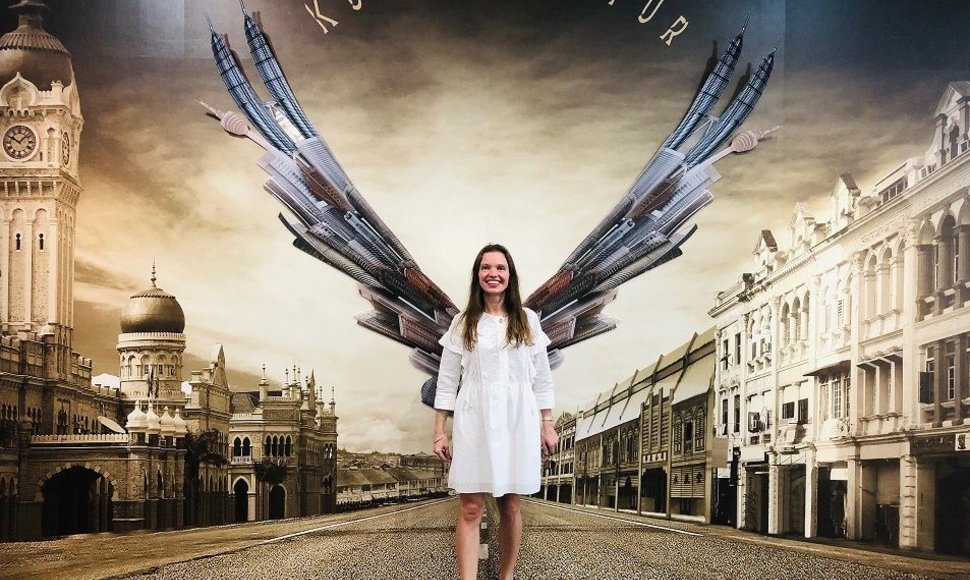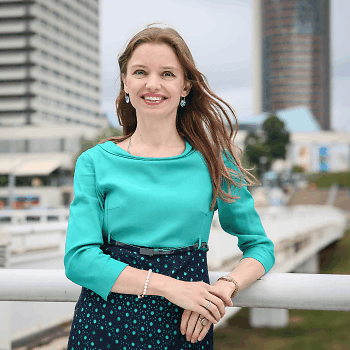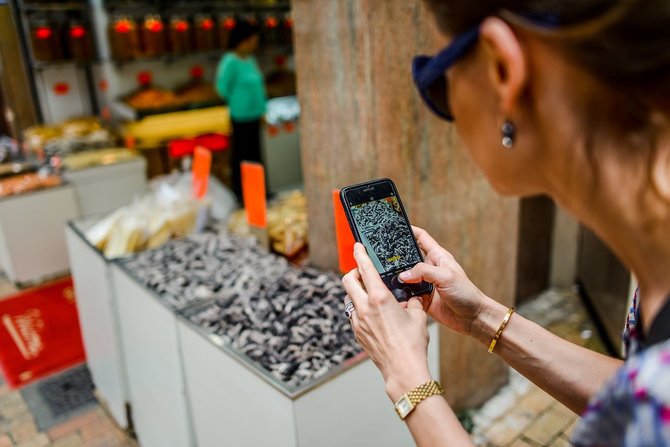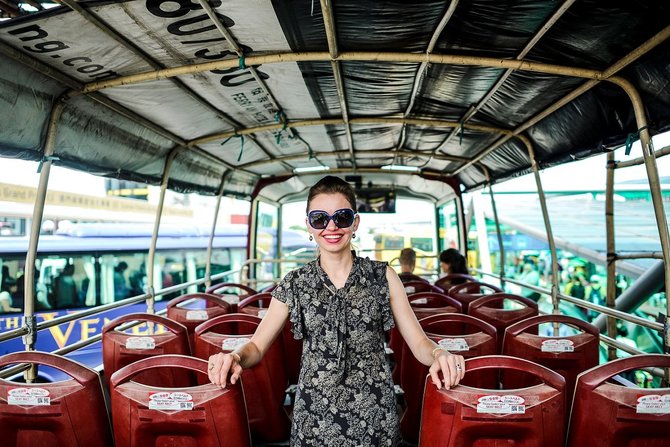At the same time, the International Air Traffic Association (IATA) has reported that the transition from 2023 to 2024 could mark a miracle when international aviation returns to around the same flight regime that was seen up until 2019.
We spoke about the challenges tourism is faced with and prospects for the coming few years with long time tourism businesswoman, Kazimieras Simonavičius, and University senior researcher docent Dr Rasa Levickaitė.
We know that tourism is one of the industries most harmed by COVID-19 pandemic. Could you briefly overview the core issues?
I believe that the freeze in the tourism industry that was caused by the pandemic is fundamentally related to three critical factors – the collapse of modes of operation, world-level uncertainty, and loss of communications. However, we must not forget that crises are also historic opportunities, which I believe will divert tourism in specifically the direction of innovation.
Could you present a broader overview of these factors?
Firstly, tourism subjects have for the first time in history been met with the collapse of operational models of an unpredictable scale. The existing business models, the consolidated service activities, supply chains, partnership networks developed over decades, improved physical customer service forms and electronic sales platforms were created for mono-directional tourism service provision movement. Due to the pandemic, this movement was reversed, and so the business models that proved effective prior to the pandemic proceeded to fall apart. In essence, tourism has historically been a business of advance payments and so, a global debt chain emerged immediately, with its structure being a difficult task to overcome for both affected customers, and governments seeking solutions.
Second, the tourism subjects cannot secure incomes in the face of the lockdown and emergency situation, and are struggling with global uncertainty. Countries maintained differing lockdown restrictions, apply varying infection rate indicators, and policies of movement between countries and self-isolation. The rules change too frequently for it to be possible to plan even a month ahead. Organisations have been encouraging their staff to work remotely and only travel in exceptional cases, and local tourism has been shattering records, but not all countries’ infrastructures and consumer expectations match. Due to this, the World Tourism Organisation announced that in 2020, international tourism will have fallen by 78 per cent by the end of the year.
Third, the tourism industry, both at the micro and macro levels, will always be based on the importance of communicating. The practice of communicating simply vanished within a few weeks into the pandemic. The internal communications of organisations cooled off or ceased, which can be blamed on the stress of company leadership, and the diverting of priorities to urgent activities. Communication between partners weakened to the point where some businesses even didn’t indicate to other businesses or long term partners that they would be halting operations for half a year. And when finally, at the level of some states, tourism became a demonised industry overnight, one that supposedly not only boosted the spread of the pandemic but also appropriated the consumers’ money.
So what do you predict for the tourism industry?
Academics and businessmen concur that tourism will no longer be as it was. However, radically diverging forecasts are being employed to model the future – some say that travel will be rare, slow, deep and, without a doubt, more expensive. Others believe that a pause of a few years when we will have travelled all across our own countries will grant travellers an unquenchable desire to see as much as possible and so the intensity of tourism and the demand for experiences and entertainment will jump well above the pre-pandemic period.
Scientists are studying the pandemic’s impact on tourism, but at a practical level, would you advise to choose tourism studies if the situation is so difficult right now?
The Lithuanian research and study programme creator community has spoken up about future scenarios and how to adequately prepare for them. For example, this year, the Kazimieras Simonavičius University Institute of Creative Society and Economics‘ Leisure and Tourism Industry bachelor‘s study programme is running in parallel with new views dictated by the pandemic. Alongside academic communications theory and business management disciplines, a cycle of lectures is being included with Lithuanian, Chinese, Italian, American and Finnish leisure and tourism industry researchers.
Furthermore, businesspeople; airline, hotel, travel organiser and hospitality sector representatives will share news, novelties and concrete knowledge, which will lay down a foundation of practical understanding, as well as prospects for the students and academic community to model the near future of tourism. In response to the freeze in tourism and the uncertainty felt by those applying, application to this programme has been extended to September 30, with an exceptional opportunity offered by lecturers to catch up on the lectures missed in September.
What do you imagine the future of tourism will be like?
It is difficult to present a single accurate answer right now on what will be, and what would be best. It is premature to discuss, but systematic preparations are needed, new scenarios must be envisioned. The renaissance of tourism is inevitably nearing and in a few years, we will need new modes of operation once again, new competencies, new forms of communication. And so we should begin to oil our skis in the summer and appropriately prepare for the near and very interesting future of the tourism industry.















